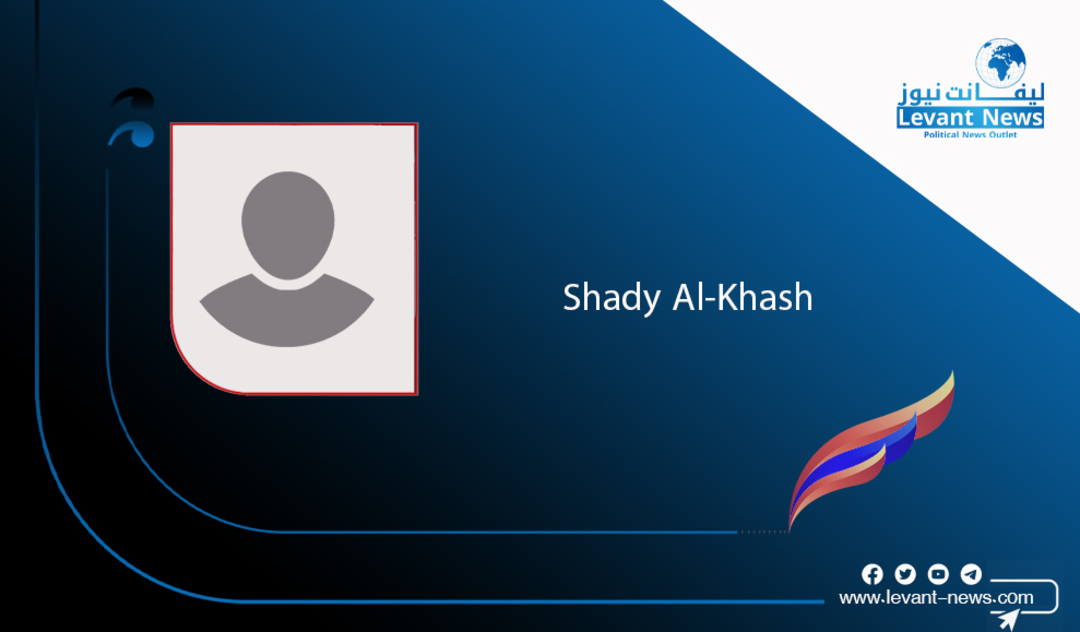-
The Philosophy of the State in the Renaissance Project: From Dominant Entities to a State That Establishes Humanity

Defining the Concept of the State:
In the Renaissance project, the state is not merely an entity that rules; it is a system rooted in a profound meaning—meaning connected to justice rather than domination, to freedom rather than subjugation, and to the human being rather than authority.
It is not an instrument of control nor a regime of obedience; rather, it is a voluntary contract among free individuals who relinquish violence in favor of law, replace sectarianism with citizenship, and dominance with balance.
In this sense, the state is not reducible to a ruler, a party, or a sect; it surpasses all of them to become the highest expression of the general will, a guarantor of justice, and an institution of rights—not a device for distributing power and influence.
**The State in Syria—A Failed and Distorted Concept:**
Historically, the Syrian "state" was never what it should have been. It remained a grotesque amalgamation of security apparatuses, ruling sects, and dominant parties—driven by power struggles, corrupted from within, robbed of its true essence:
- As a “judge,” not an “adversary”
- As a “guarantor,” not a “threat”
- As a “border,” not an agent of justice
Since independence, the Syrian state has been a thwarted idea—never granted the chance to fully realize itself—sometimes via coups, sometimes through internal occupation of institutions, and other times by transforming into an instrument belonging to a ruler, a faction, or an external project.
Every time, it bore the name “state,” but its true content was an authoritarian regime that merely assumed the form of a state without embodying its deep meaning.
**Features of the Denial of the State as an Idea and an Institution:**
Through the analysis in the first part of this project, we can redraw the features of the “distorted” state that Syria has been governed by:
- **Tyrannical State:** where the president is unaccountable, his rule legitimized solely by the constitution, and the country is reduced to his person
- **Single-Party State:** where pluralism is abolished, politics emptied of meaning, and the citizen reduced to a party member
- **Security State:** where law is replaced by security reports, and justice by oral commands
- **Sectarian State:** where privileges are granted based on identity, and citizens are marginalized under the guise of belonging
- **Rentier State:** where there is no productive economy, only distribution of loyalty through jobs, salaries, and economic dependence
- **Sham State:** where institutions like ministries, parliament, and judiciary exist but are used as mere facades
This counterfeit state produced a torn human being, a fearful society, a legitimacy-less authority, and soulless institutions.
**The State That Establishes Humanity—The Heart of the Renaissance Transformation:**
If past regimes founded themselves on denying the human being, the state in the Renaissance project will be built upon its recovery. This involves not only “protecting rights” but also redefining the fundamental role of the state:
- To dismantle power, not monopolize it
- To distribute strength, not hoard it
- To build the public sphere, not own it
- To organize conflict, not eliminate it
- To nurture differences, not turn them into treason
A true state is one that does not instill fear in its citizens but protects them from fear; that does not compel loyalty but commits itself to truth; that does not demand obedience but derives its legitimacy from it.
**The State as a Value, Not Just an Instrument:**
In this project, the state is not merely an apparatus for executing policies; it is a supreme value that organizes human coexistence and embodies the meaning of shared sovereignty.
Its strength does not come from armies but from the respect of the people. Its existence is not derived from a map but from justice embodied in action.
**From a “Opponent” State to a “ guarantor” State:**
The radical transformation we envision is moving from a logic of the state as adversary to a state as guarantor.
We do not want a state that rules over people but one that is governed by laws crafted with their participation.
We do not want a state that monitors citizens but one that monitors itself through independent institutions.
We do not want a state “granted” freedoms; rather, we see freedom as a prerequisite for its existence.
The state we dream of is not above society nor beneath sectarian illusions but with and within it— a bridge that connects diverse individuals, not a wall that isolates them.
**Conclusion—The State is Not the Opposite of Humanity… But Its Highest Reflection:**
When we speak of the Renaissance, we do not mean establishing a new regime atop the ruins of the old
You May Also Like
Popular Posts
Caricature
opinion
Report
ads
Newsletter
Subscribe to our mailing list to get the new updates!





















